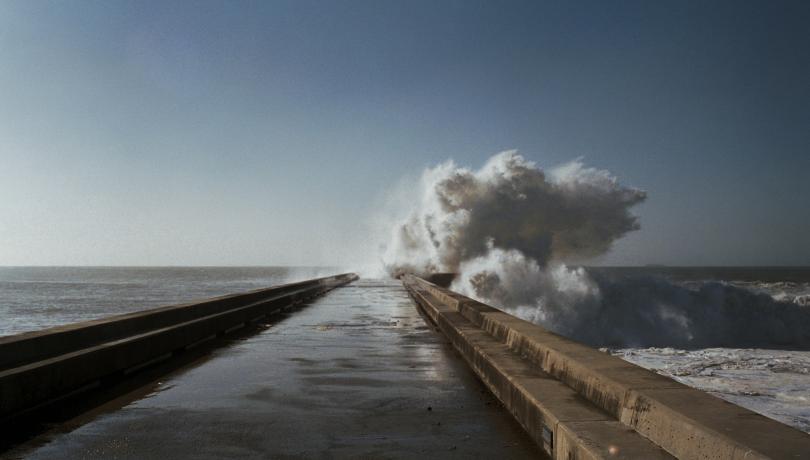The Institute leads the Ocean Cities (OC-NET) initiative, which aims to promote more resilient coastal cities and make the way their citizens interact with the ocean more sustainable.

The Institut de Ciències del Mar (ICM) of Barcelona leads one of the three programmes through which the Intergovernmental Oceanographic Commission of UNESCO (IOC-UNESCO) seeks to increase the resilience of coastal ecosystems around the world in the framework of the Decade of Ocean Science for Sustainable Development 2021-2030.
According to the latest IPCC report, these ecosystems are particularly sensitive to three factors closely related to climate change: sea level rise, temperature and ocean acidity. As a result, they are expected to experience increasing erosion and to suffer from major flooding, which can have serious consequences for those settled in them.
Given this scenario, the ICM has committed to increase the resilience of coastal ecosystems through the Ocean Cities Initiative (OC-NET), an international network of 26 members, including scientific bodies, ministries, cities and artistic organisations, which will work together to promote better science-based coastal city management and foster a more aware citizenry when interacting with the oceans.
The ultimate goal of the programme is to encourage more sustainable functioning of coastal cities, which can be achieved from promoting a change in citizens' daily consumption habits to improving urban and port planning, and taking into account their impact on neighbouring waters.
The other initiatives through which UNESCO aims to increase coastal resilience on a global scale are the Global Estuaries Monitoring Programme, led by the University of Hong Kong, and the Mega-Delta Programme, led by the State Key Laboratory of Estuarine and Coastal Research from the East China Normal University.
Both will focus on the study of the dynamics of deltas and estuaries, ecosystems that act as refuges for many species, protect the coastline and are key for fisheries and tourism, among others. Finally, these initiatives will monitor the evolution and design effective conservation strategies to protect these habitats.
In all three programmes, citizens, researchers and decision-makers will work together to make it easier for coastal systems to recover from the impacts of climate change.
The Decade of Ocean Science for Sustainable Development 2021-2030 aims to foster international cooperation in the development of scientific research and the application of innovative technologies that link ocean science to societal needs.